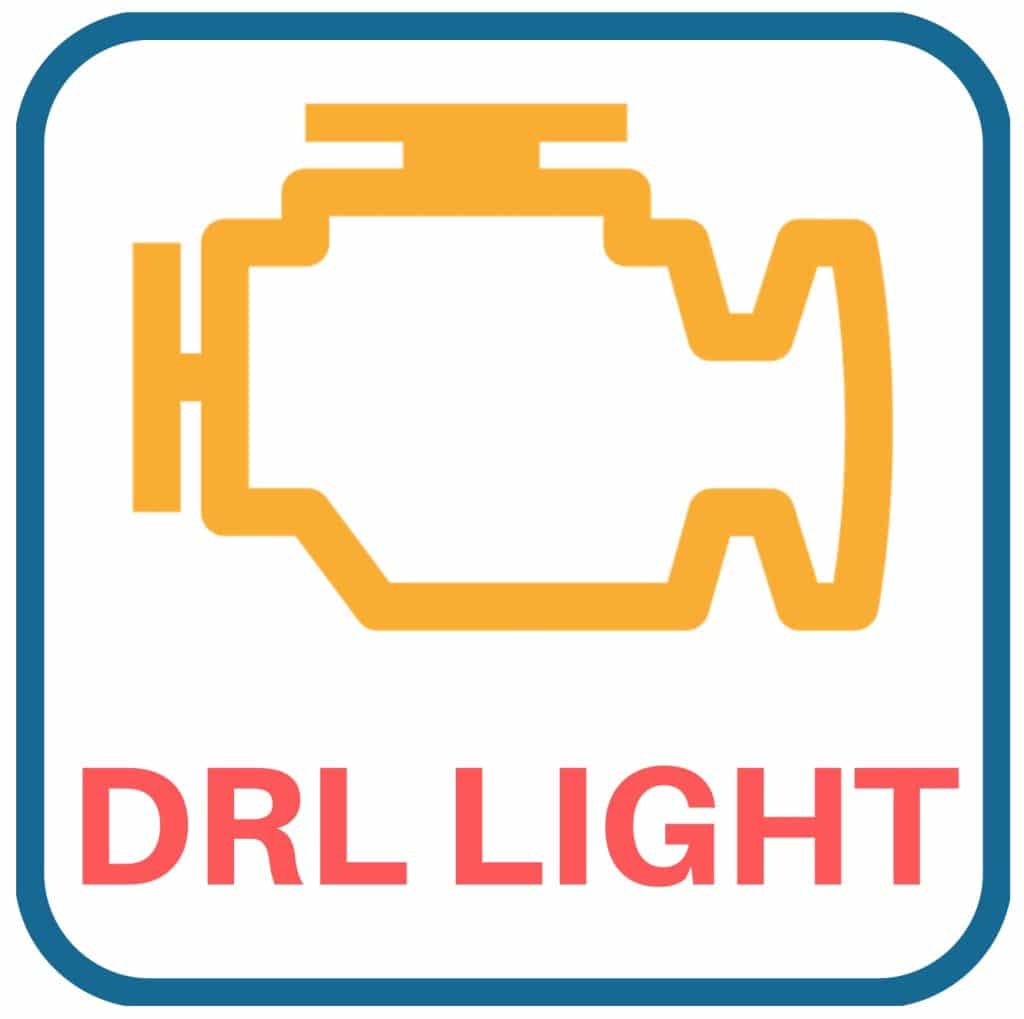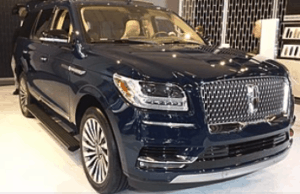Daytime running lights (or DRL) are specialized lights that come on when your Lincoln Navigator’s regular headlights are turned off. Their purpose is to make it easier for other drivers to see you, theoretically decreasing the odds of getting into an accident.
If your Navigator’s DRL warning light is on, the powertrain control module (commonly referred to as the PCM, your vehicle’s central computer) has detected an issue with the DRL system. A bad bulb is the most prevalent reason why the DRL warning light is on. Replacing it should remedy the problem.
Is it Safe to Drive with The DRL Warning Light On?

The daytime running light system is designed to help your Navigator stay visible to drivers under various low light conditions, such as:
- Driving in and out of tunnels
- Fog
- Dawn and dusk
- Storms
It is perfectly safe to drive if your DRL warning light is on. However, if you are concerned about losing the slight gain in visibility generated by the daytime running lights, you can drive with your regular headlights on.
The DRL warning light is not a breakdown risk, and a Lincoln Navigator will still run and drive fine with it on.
Depending on the model year, some DRL systems are tied to the headlights, and you should make sure that the normal headlights are working correctly. You don’t want to discover that they aren’t when you’re driving at night.
Lincoln Navigator DRL Warning Light: Causes

There are two types of daytime running light systems. Since this is not a model year-specific guide, your Navigator could have either version.
- Independent Bulb: Your Navigator’s DRL system will have its own independent bulbs. This scenario is easier to test and diagnose.
- Headlight Integration: The system can be integrated into the headlights or parking lights (this is increasingly more common). Fire up your Navigator’s headlights and see if all the bulbs are working. If one is burnt out, replace it.
If you are unsure which type of bulb your daytime running lights use, check the owner’s manual for the replacement bulb numbers. If the bulb numbers for the headlights are the same as the DRL lights, it’s likely that they are integrated.
Here are the most common causes that the DRL warning light might come on:
Bad Bulb (Most Common Reason)
A bad daytime running lightbulb/headlight is the most common reason the Lincoln Navigator’s DRL warning light comes on. Replacing it will likely turn the warning light off.
If your daytime running lights are on their own independent circuit, examine the bulbs. One of them should look noticeably burnt out. If they look good, take a look at the socket.
Bad Socket
Before running out and replacing the bulbs, pull one and make sure that the socket looks OK. If the socket is corroded or damaged, it’s likely the reason why the DRL warning light is on.
Often when a socket is bad, it can be hard to pull the bulb out. If this is the case with your scenario, wear some leather gloves, or get a thick rag to protect your hands from potential breakage.
If the socket is corroded or looks like it’s melted, you can splice a new one into the harness.
Other DRL Warning Light Causes
While a bad bulb or socket will cover the majority of the people reading this page, here are some of the other (less likely) causes that can cause the Navigator’s DRL warning light to come on:
- Bad DRL Module
- Open or short in the wiring harness
- Blown fuse
Conclusion
The most common reason that the DRL warning light is on is a bad bulb. Most of the time, replacing it will fix the problem. Good luck fixing your Navigator!

